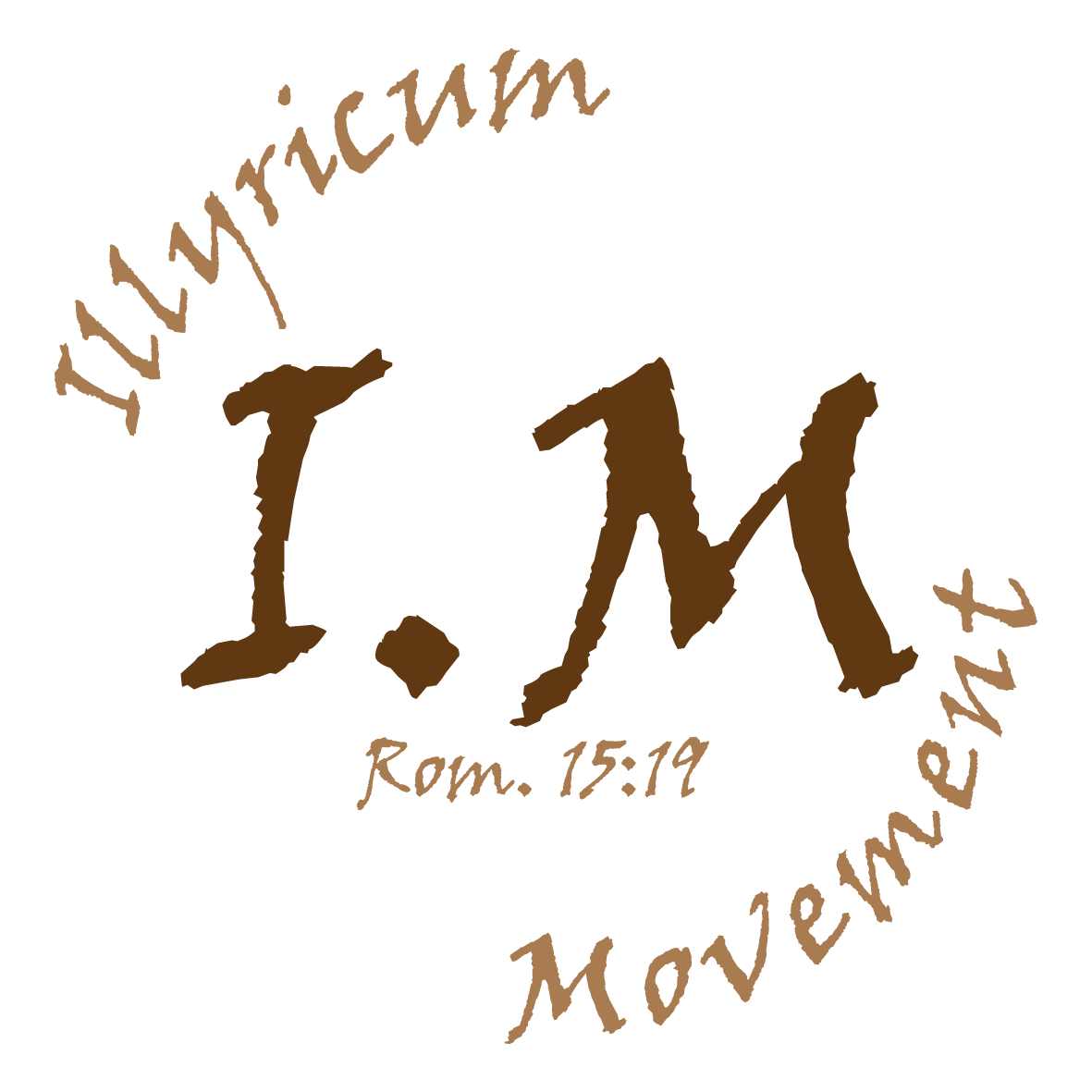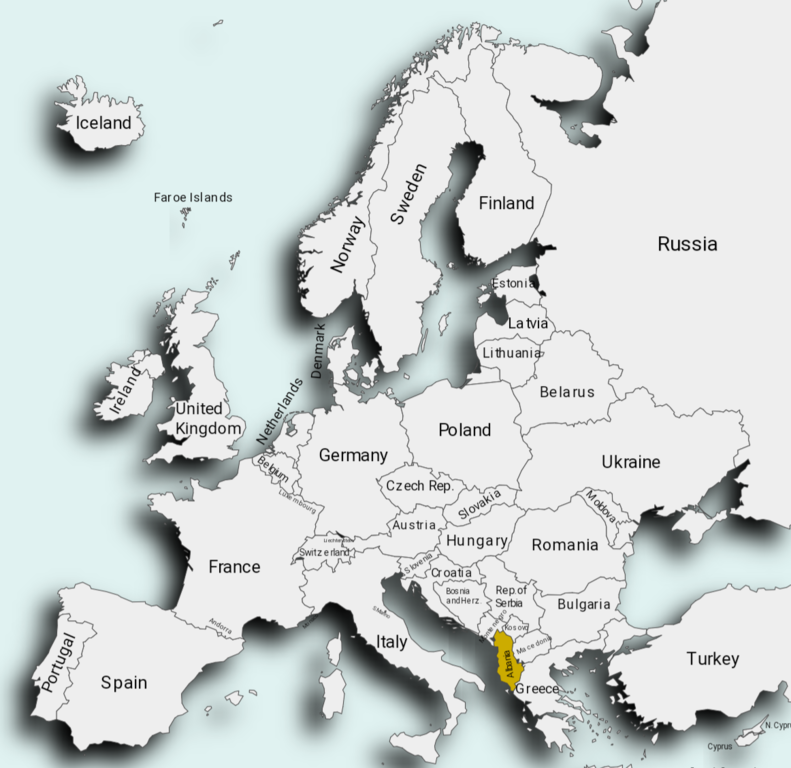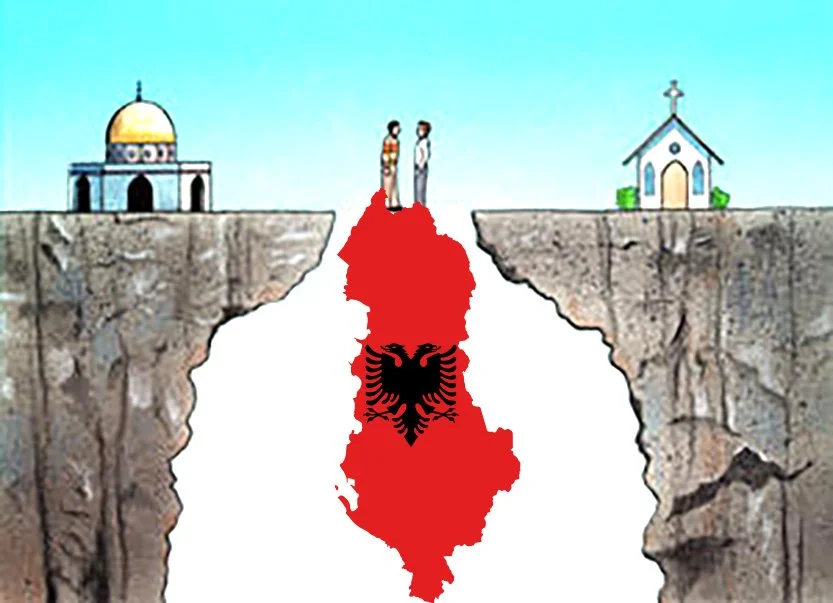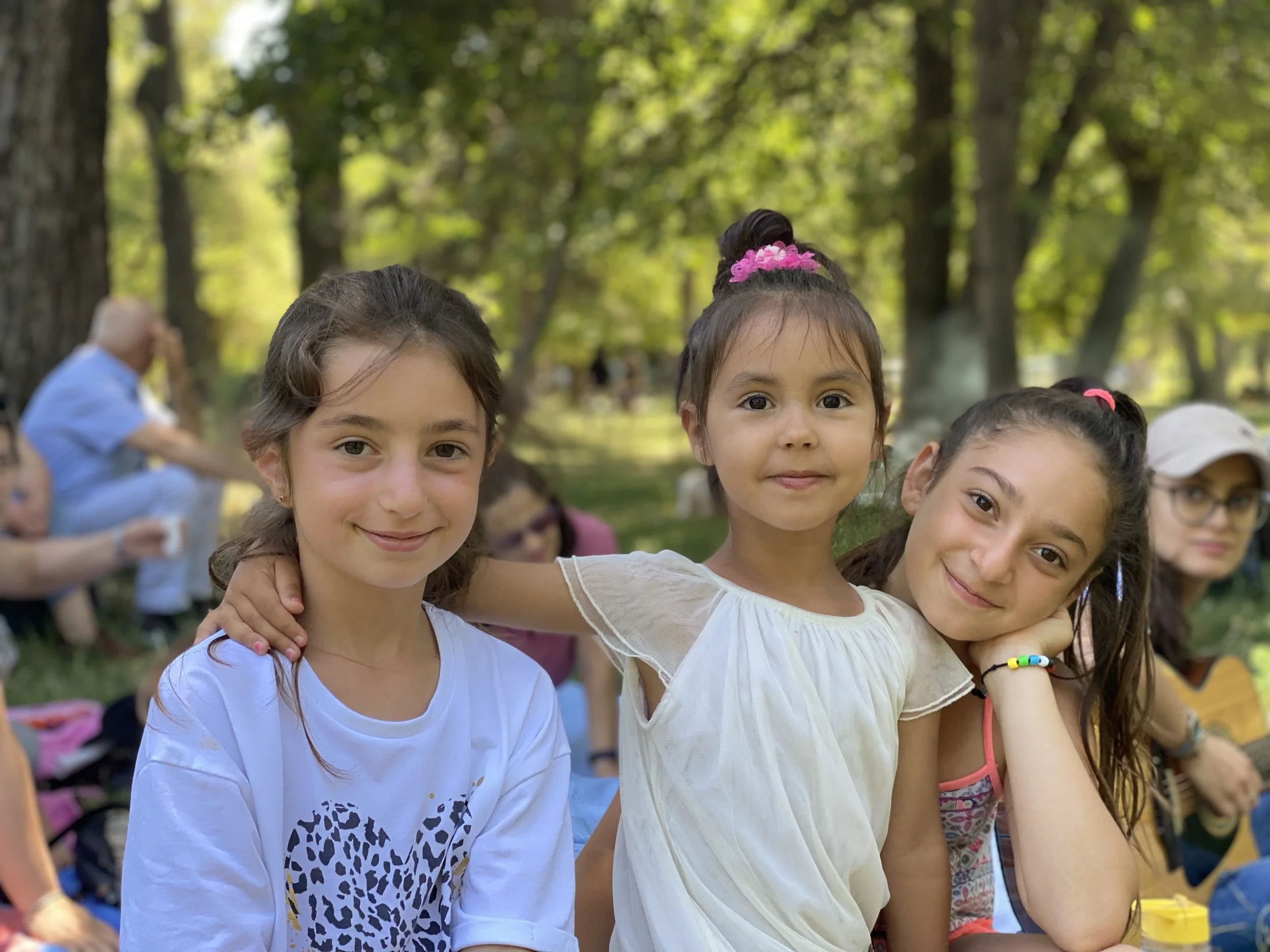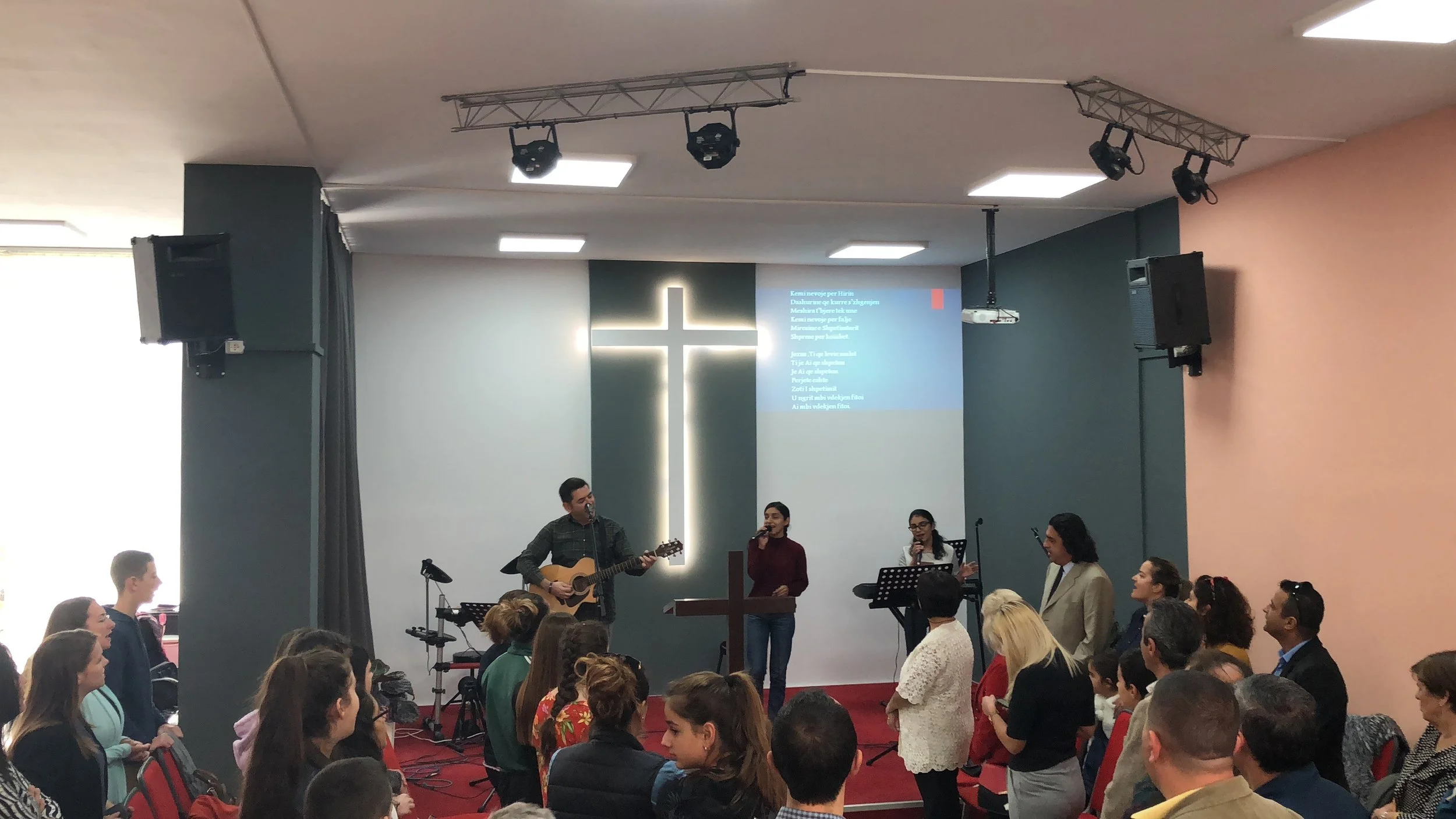Our history
Bringing the message of salvation to this part of the world has been a tremendous challenge for centuries.
Introduction
Bringing the message of salvation to this part of the world has been a tremendous challenge for centuries. Albania has a population of 4,500,000 people. It is located on the Adriatic sea coast of the Balkan Peninsula, between Kosovo and Montenegro on the north, Macedonia on the east, and Greece on the south. Apostle Paul wrote that he preached in the Roman province of Illyricum (Romans 15:19), and history holds that he visited Durrës.
Christianity in Albania
Christianity came to the Illyrian-populated lands in the first century. Apostule Paul wrote that he preached in the Roman province of Illyricum (Romans 15:19), and history holds that he visited Durrës. When the Roman Empire was divided into eastern and western halves in A.D. 395, the lands that now make up Albania were administered by the Eastern Empire but were ecclesiastically dependent on Rome. In A.D. 732, however, a Byzantine emperor, Leo the Isaurian, subordinated the area to the patriarchate of Constantinople. For centuries thereafter, the Albanian lands became an arena for the ecclesiastical struggle between Rome and Constantinople. Most Albanians living in the mountainous north became Roman Catholic, while in the southern and central regions, the majority became Orthodox.
Albanian Lands Under Ottoman Domination
Ottoman supremacy in the Balkan region began in 1385 but was briefly interrupted in the 15th century, when Gjerg Kastrioti, an Albanian warrior known as Skanderbeg, allied with some Albanian chiefs and fought-off Turkish rule from 1443-1478 (although Kastrioti died in 1468). Skanderbeg united the Albanian tribes in a defensive alliance that held up the Ottoman advance for more than two decades. His family’s banner, bearing a black two-headed eagle on a red field, became the flag under which the Albanian national movement rallied centuries later. Upon the Ottomans’ return, a large number of Albanians fled to Italy, Greece and Egypt and many of the Albanians who remained (about two-thirds of the Albanian population), submitted and converted to the Islamic faith. The first Albanians to convert to Islam were young boys forcibly conscripted into the sultan’s military and administration. In the early seventeenth century, however, Albanians converted to Islam in great numbers. Within a century, the Albanian Islamic community was split between Sunni Muslims and adherents to the Bektashi sect. Many Albanians won fame and fortune as soldiers, administrators, and merchants in far-flung parts of the empire. Albania would be a part of the Ottoman Empire until the early 20th century.
Albania Under Strict Atheistic Government
(1944-1991)
Enver Hoxha emerged as the dominant figure in Albania after five years of political turmoil following the end of World War II. He began to concentrate primarily on securing and maintaining their power base, and secondarily on preserving Albania’s independence and reshaping the country according to the precepts of Stalinism. In 1967 Enver Hoxha declared Albania “the world’s first officially atheistic state.” It was forbidden by law to believe or to speak about God. Throughout all rule, Hoxha engineered an elaborate cult of personality that elevated him to the status of infallible leader. He died in 1985.
Ramiz Alia became president in 1982 and, following Hoxha’s death in 1985, first secretary of the Albanian Communist party. Alia began to strengthen ties with other European nations, notably Italy and Greece, and restored diplomatic relations with the USSR (1990) and the United States (1991). The government began to allow tourism and promote foreign trade, and permitted the formation of the opposition Democratic Party.
Freedom
In 1991 massive protests began in Albania mostly due to the great economic depression and communism fell. Missionaries were starting to come into Albania, and they saw very spiritually hungry people who were filled with questions about God. With a culturally Muslim background and with fresh hearts planted and watered with the gospel, God started rebuilding his church in Albania, with his eyes set on reaching other Muslim countries in the future.
Today
We belong not only to the first generation of Christians in more than 600 years of darkness but also to the first generation of Albanian missionaries. Because of our history, Albania is viewed by the Islamic world as a “brother country” enabling easy travel.
Right after the fall of communism, Albanians were very western-oriented. Westerners, including Americans, are very welcome in Albania, loved by the people and they don’t need a visa to enter the country.
Who would have ever dreamed that a small country like Albania was being prepared throughout the centuries to become a significant and strategic steppingstone in our generation, to make the gospel of Christ known to the most unreached people, to the ends of the world.
